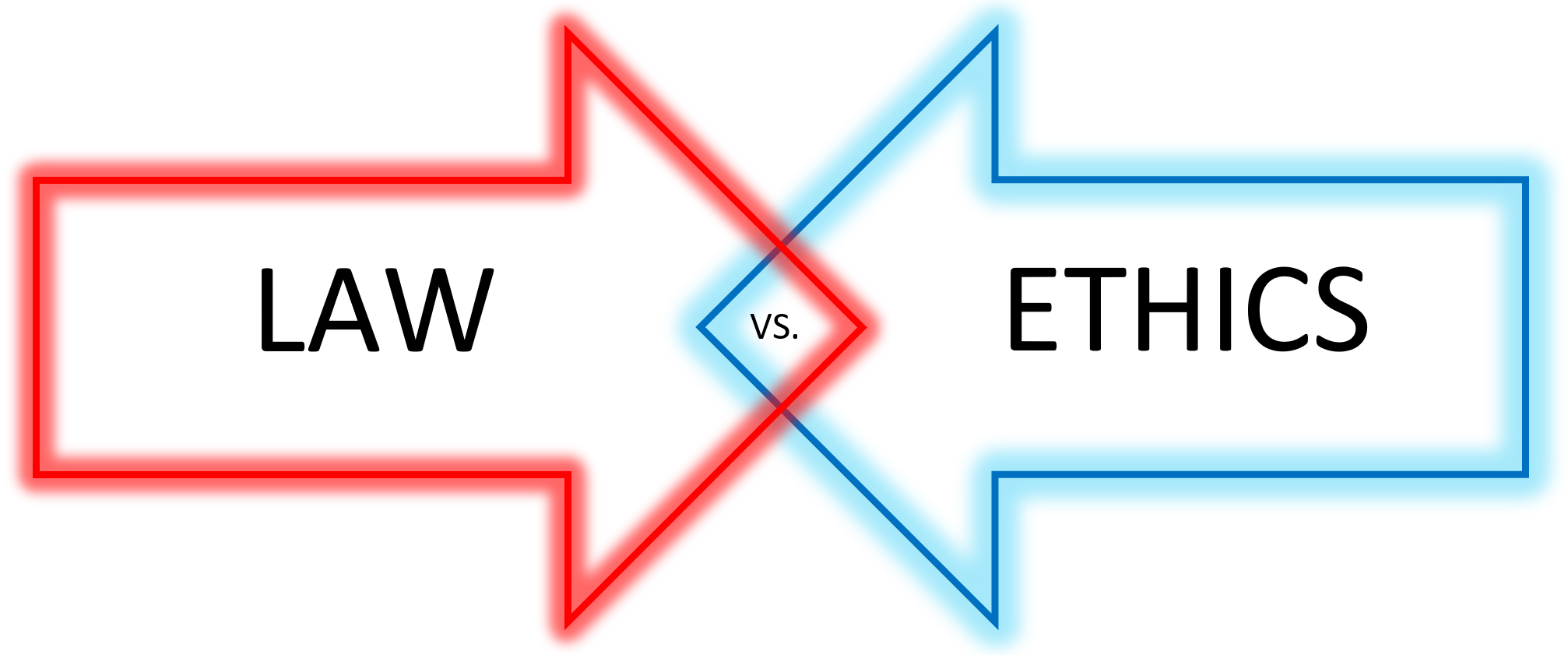3 Introduction
“Once you are a lawyer, you are always a lawyer.”
This is a phrase that you will often see in this book. You are embarking on the transformational journey of becoming a lawyer. We sound a bit dramatic, but this is a very true statement. Even as law students, you will soon recognize that the rest of society will see you no longer as who you were before, but often first as an expert in the legal realm. You will be the holders of key legal advice, solvers of problems, those who take legal burdens off the shoulders of people. Your words will carry a heavier weight as lawyers, and this is where legal ethics comes in.
The preamble to the ABA Model Rules states:
Compliance with the rules, as well with all laws in an open society, depends primarily upon understanding and voluntary compliance, secondarily upon reinforcement by peer and public opinion and finally, when necessary, upon enforcement through disciplinary proceedings. The rules do not, however, exhaust the moral and ethical considerations that inform a lawyer, for no worthwhile human activity can be completely defined by legal rules. The rules simply provide a framework for the ethical practice of law.

The preamble is insightful as it reminds us that the ABA Model Rules are a suggested framework for practicing law. Legal ethics are the minimum requirements that lawyers need to follow. Peer and public opinion and a lawyer’s own morals and instincts often play just as important a role.